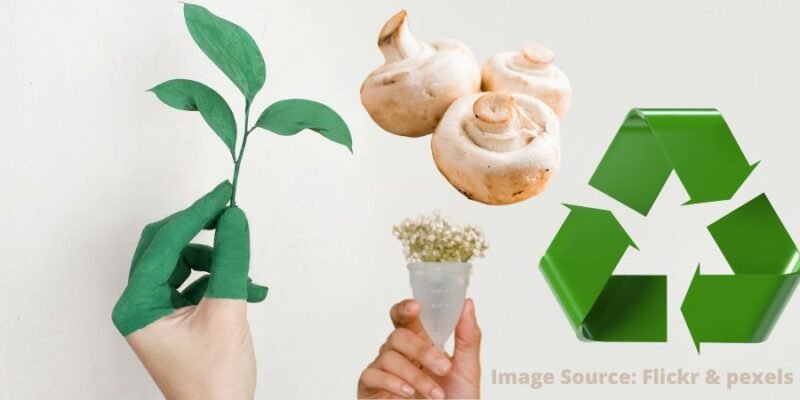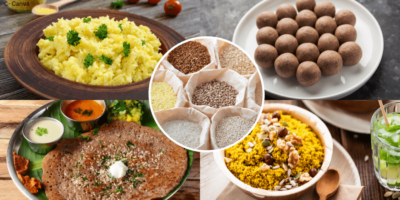We all want to talk about sustainability, but do we genuinely practice it in our regular lifestyle?

The key to a successful world is sustainability. Humans rely on nature’s organic resources for commerce, recreation, and survival.
Why Do We Need Sustainability?
Sustainability boosts our quality of life, maintains our ecology, and safeguards the environment for future generations.
Long-term sustainability improves our society by improving water and air quality, decreasing landfills, and increasing renewable energy sources. Sustainable acts contribute to making a genuine change in society.

Being devoted to sustainability will lower your carbon footprint and the number of contaminants discharged into the environment, making it safer for the planet. When we focus on sustainability, the entire planet benefits and gets to live in cleaner, healthier conditions.
The initial step in every good thing is typically taken at home, so why not for sustainability as well? Here are some tips you might perform to follow sustainability.
#1 Up-Use The Containers
Almost every single jar that has ever entered our kitchen still remains there. Most of them are sitting empty in a corner of our kitchens, this is your sign to use those jars.
The possibilities are unlimited;
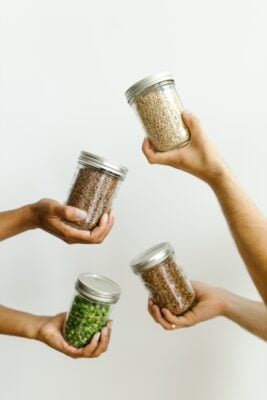
- Use the larger jars to store grains, flour, leftovers, etc.
- Homemade sauces, nuts, and seeds can all be stored in old glass juice bottles.
- And when they are empty again we can refill them from our local stores rather than buying them in plastic bags.
#2 Ladies, Ditch The Single Use Menstrual Items
Every year, around 12.3 billion disposable sanitary pads are created, they are made from and wrapped up in plastic. The disposal of these plastic sanitary pads has become a major issue because the plastic used is not biodegradable and can pose health and environmental risks, one sanitary pad could take 500 to 800 years to decompose.

Instead of using generic sanitary pads go for
- Menstrual cups
- Sustainable pads made up of biodegradable substances
- Period underwear (a revolutionary product)
- Reusable pads
These products are far healthier alternatives for both your body and maintaining sustainability. To know more about such products have a look at these 7 sanitary pads that are sustainable, green and more comfortable than the existing options.
#3 Opt For Slow and Ethically Made Fashion For Sustainability
We’ve all had the experience of purchasing garments from a stylish popular brand only to find them torn apart after a few weeks. Not only is fast fashion low-cost and low-quality, but most businesses have a poor reputation when it comes to worker abuse, pollutants in their clothing, and the proportion of their apparel that ends up in the garbage, which is in direct opposition to our environmental needs.

In recent years, sustainability with fashion has become a term for good cause. It not only emphasizes the significance of lowering one’s carbon footprint in order to save the world but also of establishing a sustainable environment in all elements of the production cycle, from waste reduction and waste disposal standards to aiding the livelihoods of local craftspeople.

- Create a minimalist wardrobe and invest in long-lasting clothing
- Buy from brands that are environmentally friendly and promote sustainability.
To know more about sustainability in fashion read how fashion with sustainability can stop climate change, environmentalist designer recycles discarded fabrics into high-end fashion.
#4 Take Extinction Off Your Plate
Meat production is among the most environmentally damaging industries on the globe, causing vast amounts of water consumption, contamination, emissions of greenhouse gases, and ecological damage. You have 3 opportunities a day to help the health of the earth – you can lower your environmental footprint by limiting your meat consumption.
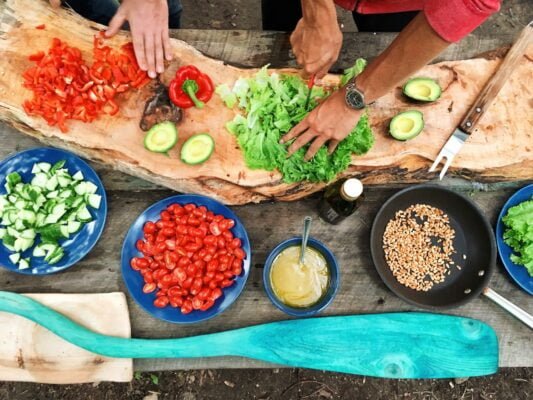
Some of the highest-ranked food in terms of sustainability :
- Mushroom
- Pulses
- Cereals and grains
- Organic fruits and vegetables

#5 Grow Your Own Food
Consider growing your own food. Nothing beats using the freshest foods for the kitchen table, grown right in your own backyard, whether you grow veggies in soil, raised beds, or pots.
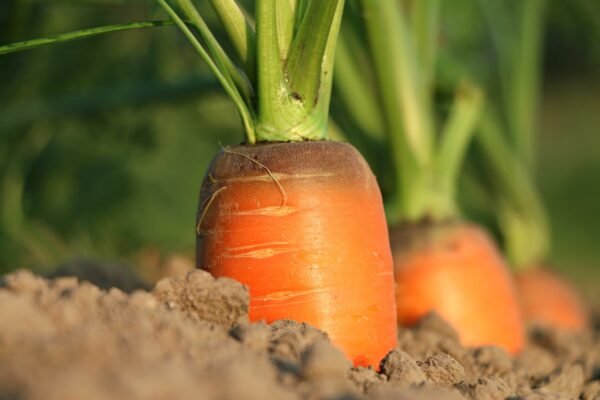
To know more about sustainable gardening take a look at Anna Ratnam’s terrace garden; he grows 100+ plants by spending only Rs500 a month.
Kitchen gardening is becoming increasingly trendy. So why not? You take your planet towards sustainability & save money while eating the freshest vegetables available.

Feature Image Source: pexels.com & flickr.com
If you loved reading this story know to save the world in style – wear vegan accessories made up of cactus & pineapple leather, all thanks to BEJO!!.
If you know more inspirational stories about any person, company, new idea, or social initiative, write to us on mad4india.com, or share such information with us on Facebook or LinkedIn.
